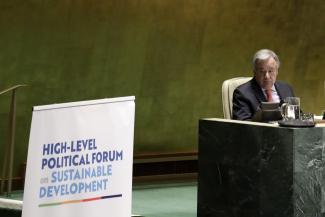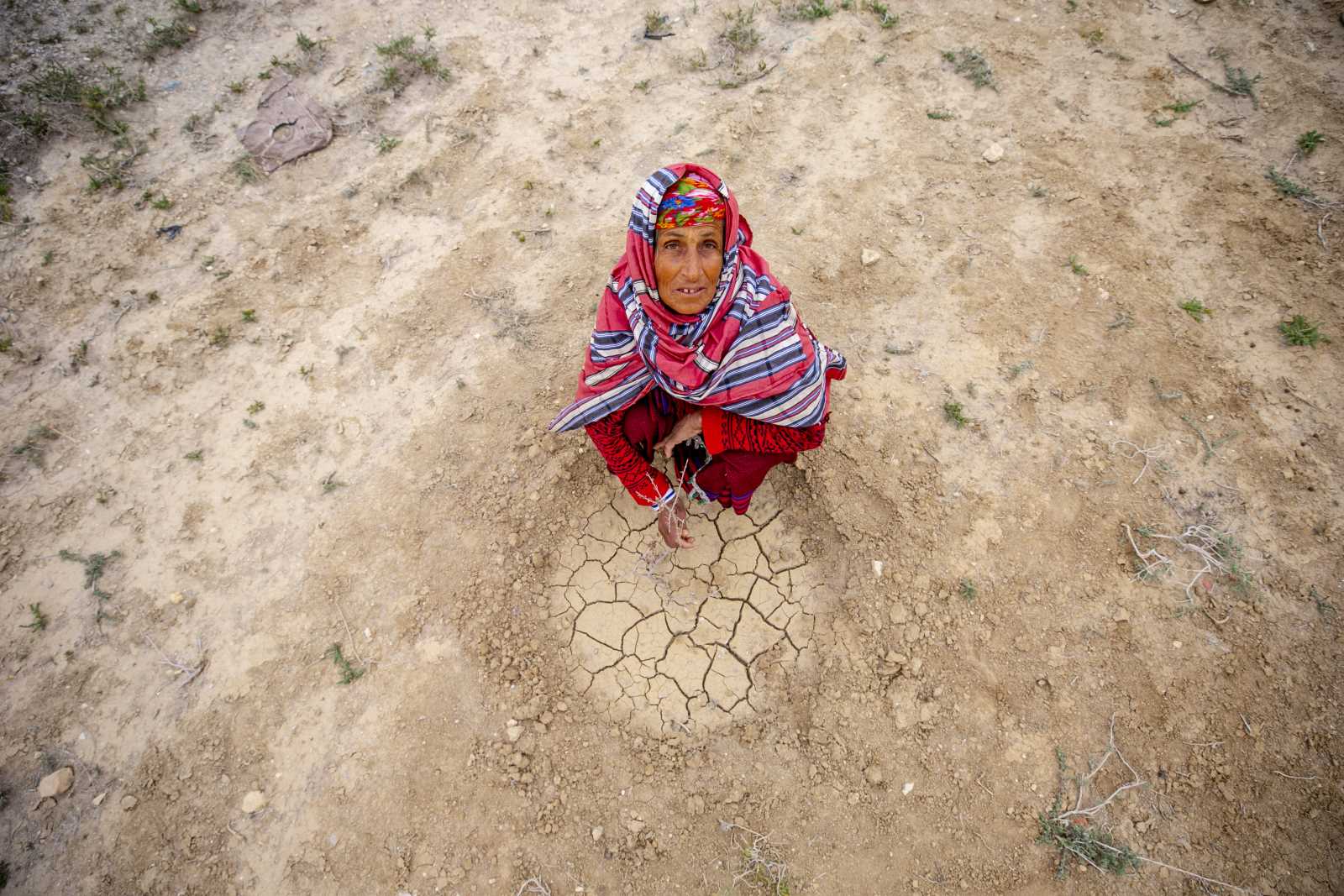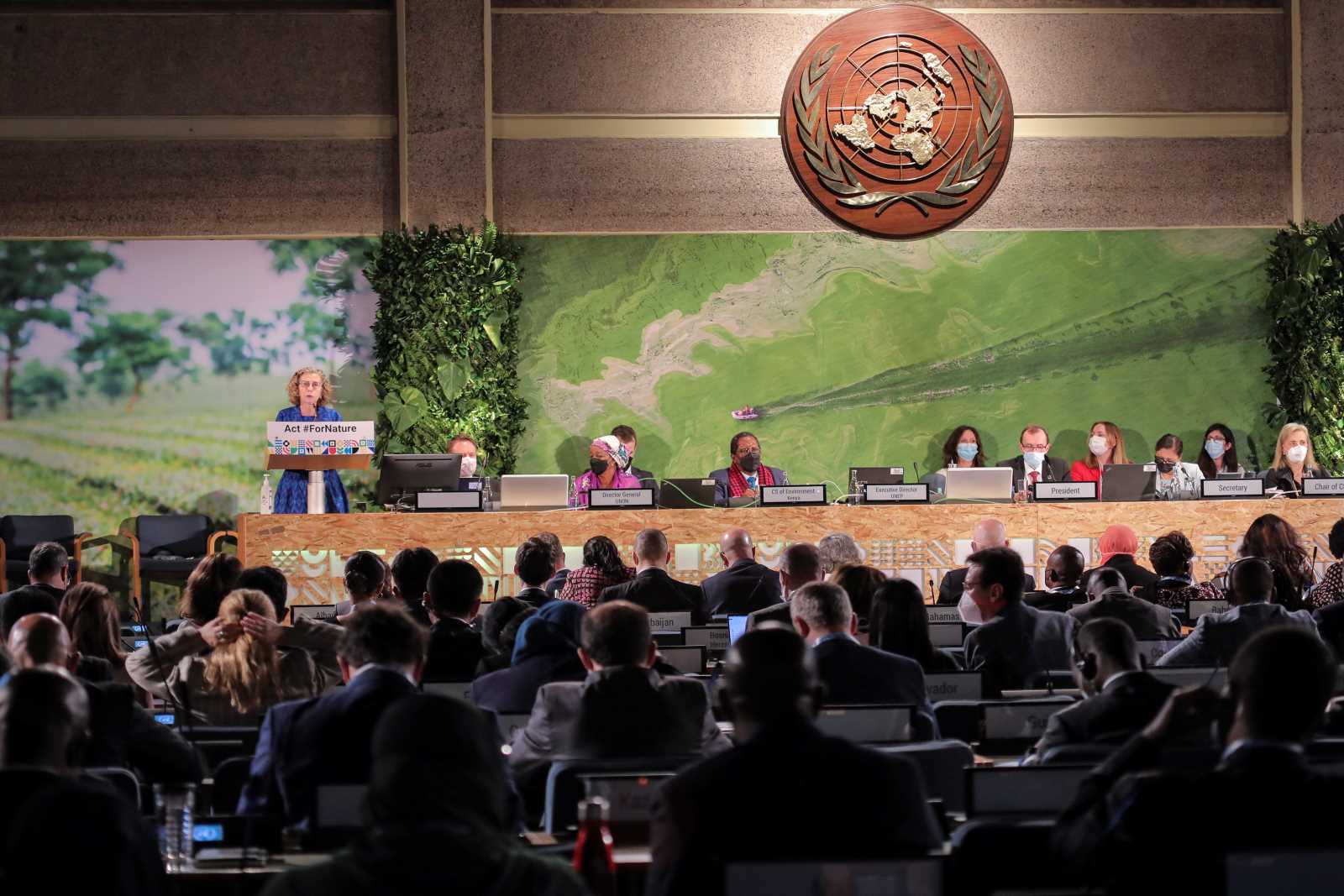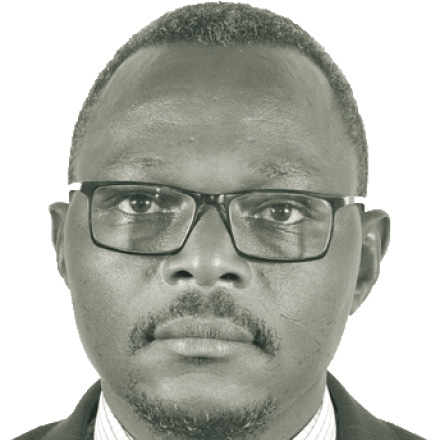UN 2030 Agenda
Make SDGs binding with the help of new institutions

In Germany, the government is advised on sustainable development policy by the German Council for Sustainable Development (RNE), an independent body made up of people from different areas of public life, including civil society, business, science and politics. The authors of a recent RNE policy paper stress that sustainable development is not just a national issue; indeed, it is first and foremost a global one.
The UN created the framework with its 2030 Agenda and the 17 Sustainable Development Goals (SDGs). But the RNE experts criticise the fact that decisions at UN level take far too long. They warn that fast decisive action is particularly needed to address urgent global issues such as climate change, biodiversity loss and pandemics. Anything else risks coming too late.
The key UN body coordinating global sustainable development policy is the High-level Political Forum on Sustainable Development (HLPF). In the eyes of the authors of the RNE policy paper, however, the HLPF has a number of shortcomings. It is used by UN member states and stakeholders as a platform for exchanging experiences. At present, countries primarily report successes; they rarely present accounts of failures or strategies for addressing them. But that, according to the RNE, is precisely what is needed so that lessons can be learnt and acted upon
Problems at present include:
- There is currently no international body with the power to set binding rules and impose penalties on those who fail to abide by them. The HLPF works on the principle of consensus, which makes decisions very difficult to reach. There are no binding or institutionalised follow-up processes, nor is even legal action taken to sanction those who commit offences or crimes against the environment.
- Countries are not currently required to account for the amount of progress they make on enhancing the coherence of their policies for sustainable development.
- After five years of reporting and institutional adaptation to promote implementation of the SDGs at national level, the UN declared a Decade of Action in 2019 to speed up SDG implementation. However, international sustainable development governance does not provide sufficient effective instruments for sustainable development. Peer learning, self-commitment and voluntary reporting are not enough. Moreover, there is a lack of funding for projects in low-income countries and for action targeting changes in economic and financial policy.
There needs to be more effective accounting for progress on sustainable development. UN reports and voluntary national reviews are not analysed. There is thus no evaluation of transformation issues and no quantification of target achievement.
The RNE offers concrete reform proposals to address these problems. It calls for the creation of a UN Sustainable Development Council on a par with the UN Security Council. This will require an amendment to the UN Charter as well as approval and ratification by two-thirds of all member states, including the five permanent Security Council members. In the medium term, upgrading the Economic and Social Council (ECOSOC) to function as a sustainable development council could create a centrepiece for UN sustainable development governance. A council with a chamber system is conceivable, similar to the International Labour Organization (ILO). Before this lengthy undertaking is implemented, the authors of the RNE policy paper recommend immediate moderate reform of existing institutions.
This includes making the best use of ECOSOC capacities for the implementation of the 2030 Agenda and expanding them where necessary to provide guidance and recommendations for further reform at the HLPF. The UN should ensure the effectiveness and coherence of policy decisions, regularly evaluate all reports to the HLPF and systematically involve civil society in all UN processes relevant for the implementation of the 2030 Agenda.
Link
German Council for Sustainable Development, 2021: Reform options for effective UN sustainable development governance.
https://www.nachhaltigkeitsrat.de/wp-content/uploads/2021/03/RNE_policy_paper_for_effective_UN-Sustainable_-Development_-Governance_1_March-2021.pdf
Sabine Balk is member of the editorial team of D+C Development and Cooperation / E+Z Entwicklung und Zusammenarbeit.
euz.editor@dandc.eu
















